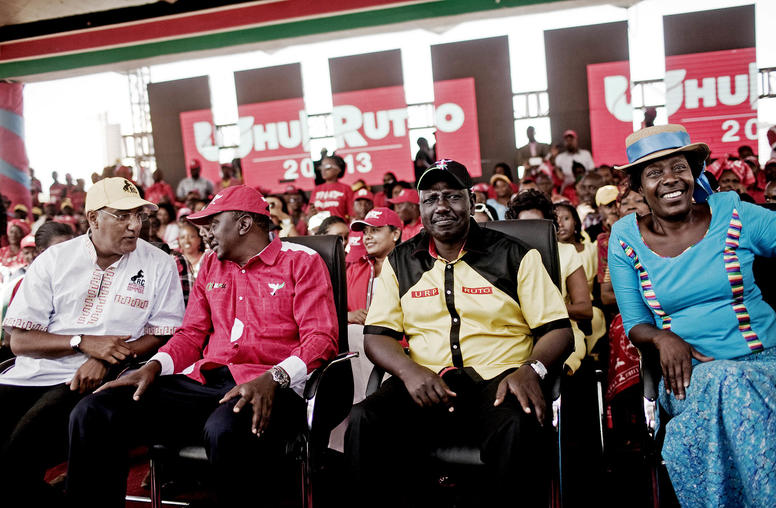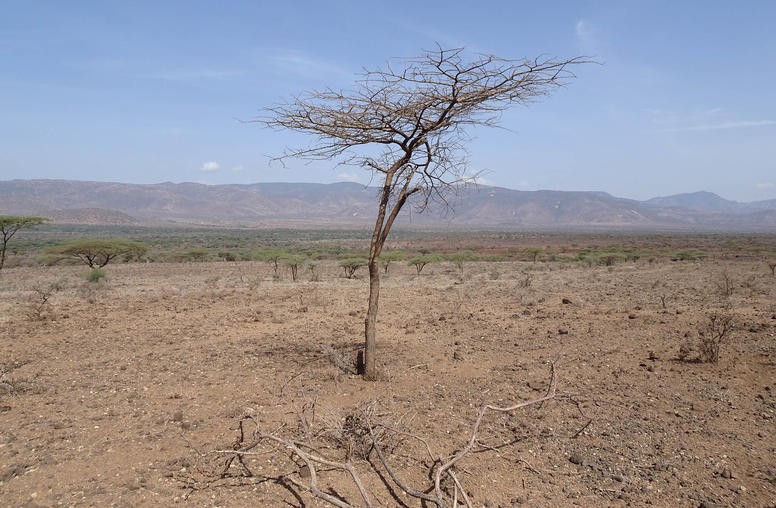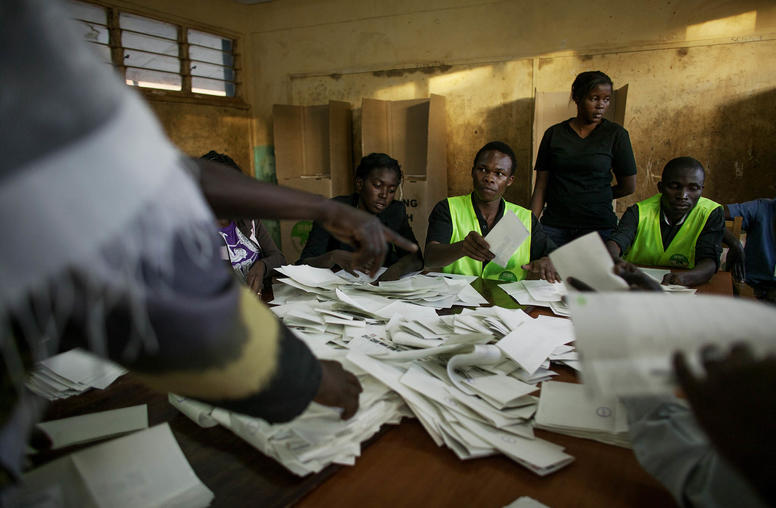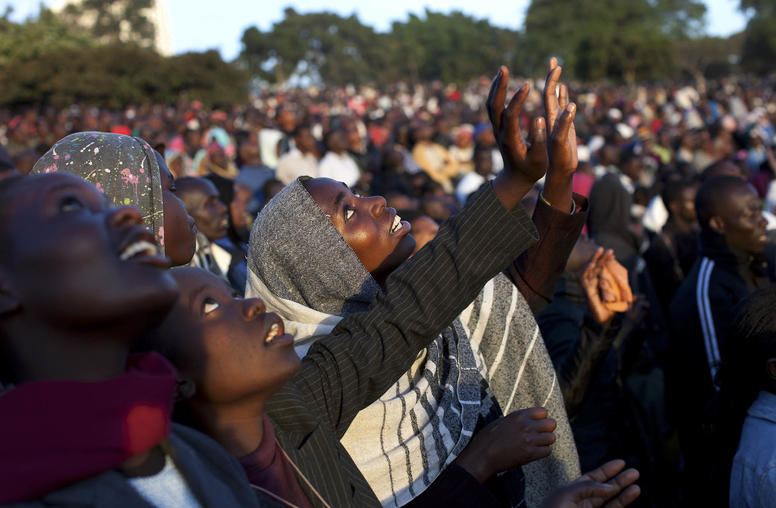Kenya's Media and Post-Election Violence
A public event co-sponsored with Internews
Kenya's media—particularly the community-based radio stations—played critical roles before and after the Kenya's general elections. While in some cases they provided important information on the election, in other cases, they have been charged with inciting violence through the dissemination of hate speech. What have been some of the lessons learned in the aftermath of the post-election violence? How have government and civil society responded to the role played by the media in Kenya's recent elections? How has the Kenyan media itself addressed some of these criticisms? What role has the media played, generally, in conflict situations? Please join us for a discussion regarding the state of the media in Kenya, particularly its role in the violent aftermath of the December 2007 elections.
Speakers
- Tole Nyatta
Pamoja FM (Kibera, Nairobi)
2008 Winner of the Internews Media Leadership Award - Mark Frohardt
Internews - Ivan Sigal
Senior Fellow, U.S. Institute of Peace - Dorina Bekoe, Moderator
U.S. Institute of Peace



